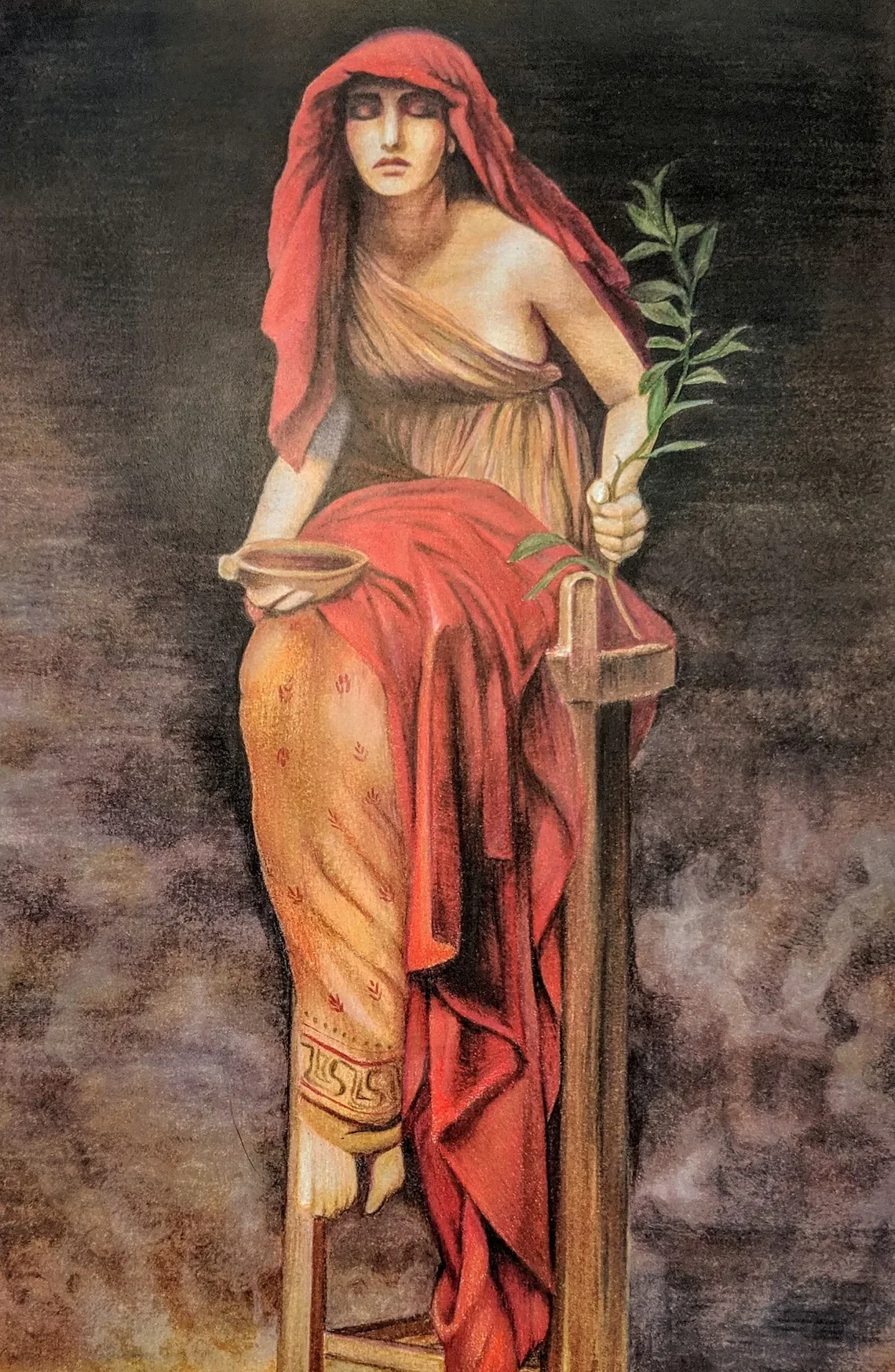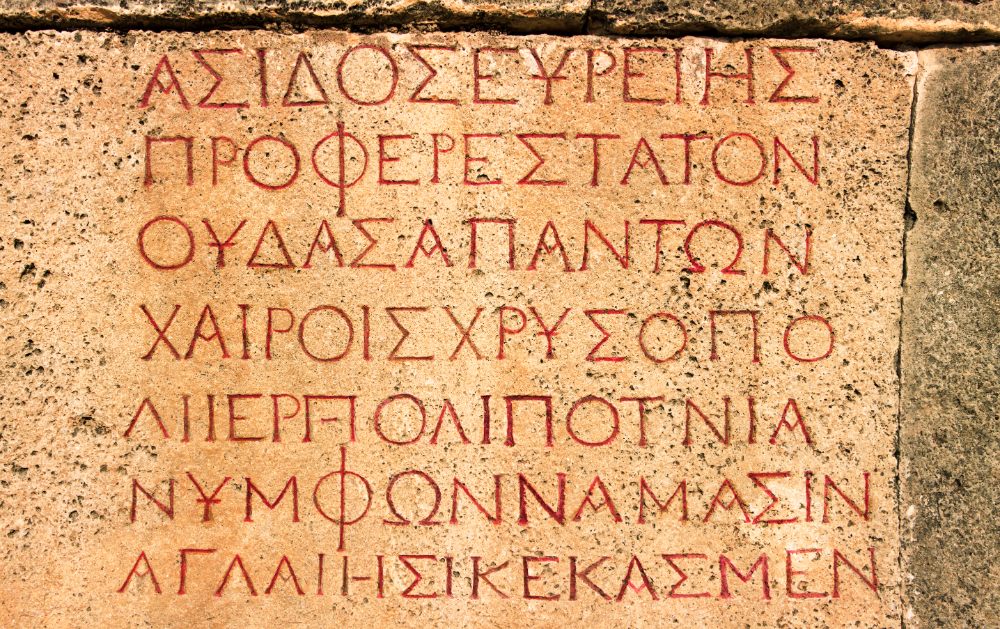
Oracle of Wisdom
Pythia of Delphi was an enigmatic figure shrouded in the mystique of ancient Greece. Known as a wise priestess of Apollo, she held a position of great respect and influence in the prestigious Oracle of Delphi. Her life story, though not widely documented, is a fascinating glimpse into the blend of wisdom, spirituality, and power in the classical world.
Pythia was famed for her profound insights and virtuous teachings. It is believed that her wisdom greatly influenced the philosopher Pythagoras, whom she mentored. Her teachings on morality, ethics, and the harmony of the soul resonated deeply with Pythagoras, shaping his philosophical outlook and contributions to Western thought.
Living in an era where women’s voices were often overshadowed, Themistoclea stood as a beacon of intellect and spiritual authority. Her connection to the divine through the Oracle gave her words incredible power, reaching beyond the temple’s marble walls to influence leaders and thinkers far and wide. As she shared her insights with those who sought her counsel, she not only answered queries about personal and political dilemmas but also imparted lessons on the greater cosmic order and the path to inner peace.
Delphi, with its breathtaking views of Mount Parnassus and the ancient ruins, served as both her home and her canvas. Enveloped in the sacred ambiance of the temple, Themistoclea’s life revolved around rituals that celebrated the gods and sought their guidance. Through her, the spirit of Apollo spoke, guiding individuals and influencing the trajectory of Greek thought and culture.
Today, Pythia is remembered as a pioneering woman of wisdom whose legacy continues to echo in the philosophical teachings of celebrated figures she inspired. Her story remains a testament to the timeless power of knowledge and spirituality in shaping human history.





















